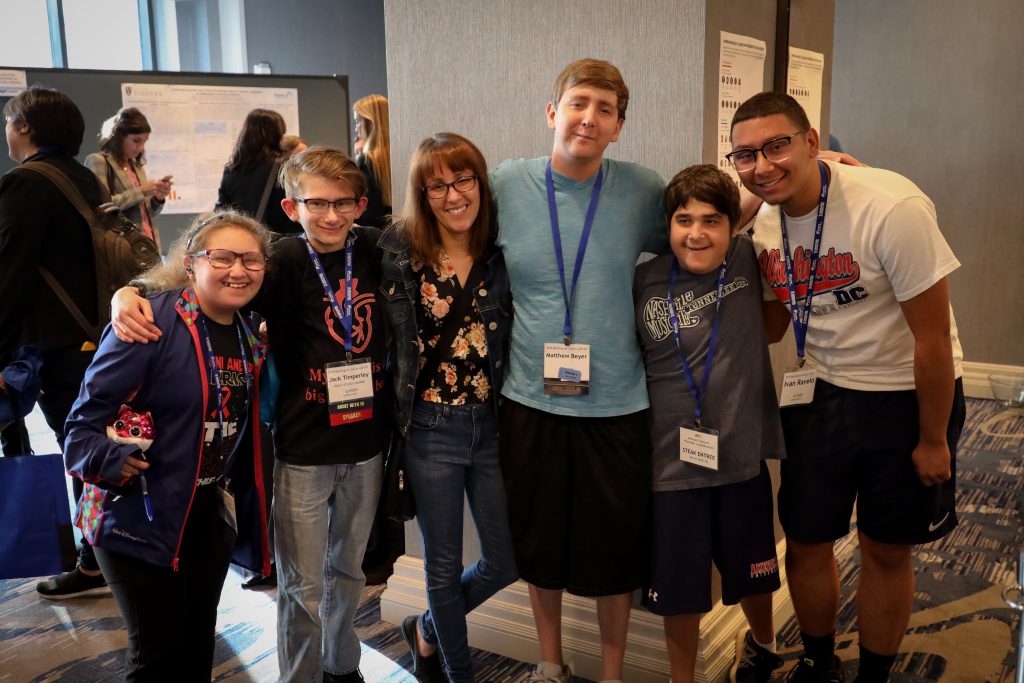Life can be hard this time of year. While for some, twinkly lights, eggnog, and carols help lighten the mood, for others the holiday season feels like a time when mourning, struggling, or feeling anything less than “jolly” is not an option. This season can feel hard for all of the above reasons and then, in the midst of feeling the very opposite of cheer and goodwill, we are expected to attend more social gatherings than in the rest of the year combined. This year, though we may not be attending events or gatherings in person, virtual events including Zoom parties and social media sharing are more prevalent than ever.
While we are tinsel deep in “all the feels”, we find ourselves attending these virtual or distanced events filled with noise, small talk, inquiries of “How have you been?” and recitations of others’ recent triumphs.

A number of articles have been circulating lately on this very topic at this time of year. A piece I wrote entitled, “Friend, I See You This Thanksgiving” was shared and read exponentially more than anything else I’ve written. This tells me that the world is full of those who feel unseen on a good day, let alone the days when we are expected to gather with friends, relatives, and acquaintances and be nothing short of merry.
For many readers, these pieces have raised their levels of consciousness about what might be going on in the negative space of the people in their lives. By this I mean the things that are not obvious, that are hidden behind a smile and an “I’m fine,” but that make up an integral part of who they are and how they are feeling. Now more aware, people have reached out to me asking what they should avoid saying or doing and what may be helpful as they host events this season.
Make a list and check it twice
Let’s start with what you already do. When you are hosting an event – whether it’s a small, socially-distanced one or a virtual one – you likely look at your guest list as you prepare, think about who will be coming, what needs they may have, and what accommodations you can make to support them in having a good time. For the vegetarian, you’ll make sure there are enough non-meat dishes so that she doesn’t go hungry. For the family with a toddler, you’ll move breakable objects out of reach and haul the baby gate out from the basement. For the aunt living abroad and nine hours ahead, you’ll make sure you host the Zoom party in the morning so she can participate.
This year as you look at the list, think about the needs that may be in your guests’ negative space. Have a quiet space available for your friend who is chronically ill to rest if needed. Have hand sanitizer around to support everyone, especially your friend who is immune-compromised. Catch up on your cousin’s posts about his medical condition beforehand so that when he joins the Zoom party, you can start with, “I read your posts. Sounds like things have been really hard. I’m glad to see you,” instead of, “What’s the latest?”
These small gestures will show your friends that you see them, that you are working to meet them where they are, and that you value their presence at this event and in your life.
We could not talk or talk forever, and still find things to not talk about.
Whether you’re carrying hard things, an introvert, or just not a fan of chit chat, small talk can be painful. Or perhaps the issue for you is that at your family gatherings there are few conversations that end without a room full of tension and you long for a way to be with each other without quite so much talking. An easy way to help people be together with less pressure is to put in your space things like an already started puzzle or coloring books with colored pencils. These simple items give folks something to do with their hands and their eyes, allowing them to be around others without feeling like they have to talk. Both are activities that people can do for a few minutes or for hours at a time, alone or with others, while talking or silent, and at any age or ability level. The lack of eye contact involved often brings people together and, in the end, leads to better conversations because they feel more comfortable. They are also both activities that lower stress levels and induce the same state as meditating, which may be just what a person at a holiday party or family gathering needs.
See the whole picture
Sometimes when we start paying attention to what’s in the negative space of the people in our lives, we forget that it is only part of what makes up their whole picture. It’s possible that your friend going through chemo doesn’t want to spend all evening talking about that. Try a phrase like, “I know you’re halfway through your treatments. Do you feel like talking about that tonight or would you rather talk about something else?” This acknowledges that you recognize her hard things and that she may not want to go there on this occasion. Have a friend who’s a caregiver? (You do. We’re everywhere.) Don’t forget to ask her how SHE is, not just how the person she cares for is doing. Try, “At some point I’d love to hear how your husband is doing, but right now I’d really love to know how you are.” Don’t let your awareness of that one though very important aspect of their life, create tunnel vision that ignores that they are a multi-faceted human with interests that go far beyond their hard things.
Twenty questions
We often ask the same few questions to everyone we encounter. “How is work?” “Any fun plans for the weekend?” There are many scenarios in which these questions do not apply. Too often I see people avoid asking anything when they realize these won’t work. Instead of giving up, get creative! Try questions like, “Are you reading/listening to/watching anything good these days?” Bonus: you will likely have more interesting conversations and learn more about the person by asking questions that are outside the box.
Exit stage right
Even if you set the stage perfectly, there will likely come a time before the end of the event when people have reached their limits. If you see someone attempting to slip out early — let them. A wave is sufficient; even better is an acknowledgment that attending this event may have been challenging and that you were glad they were there. Avoid coercing them to stay or calling attention to their departure, making others come to say goodbye. If they are slipping out – whether in-person or online – they have likely used up their social capital for the evening. Bless and release.
It’s not about you
There will be people who won’t come to your event at all. This pandemic is not over and Zoom fatigue is real. Don’t badger or lay guilt on them. As Brene Brown says, “What we don’t need in the midst of struggle is shame for being human.” Others may come but will stay to themselves, practice stricter distancing measures, or hide in the bathroom or start to cry for reasons that won’t be obvious to you. Here’s what you need to know: it’s not about you. It’s not about your party. People are carrying around burdens that we cannot see and sometimes those burdens are just too heavy to carry to a social event. Those people are on your guest list for a reason – because you love them, you’re related to them, you value their friendship. Let that reason outweigh the importance of the event. Give your people grace and space and love. Realize that not attending your event may be the exact form of “self- care” that you are always telling them they should practice.
This article was originally published on the caregiver website The Negative Space in December 2019. It has been updated to reflect the events of 2020.




